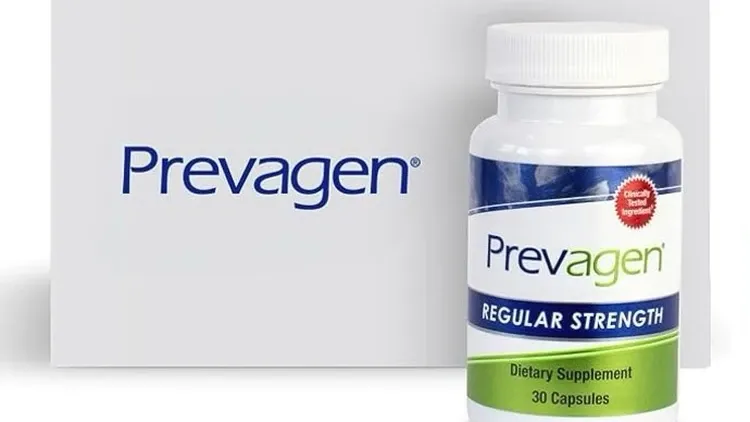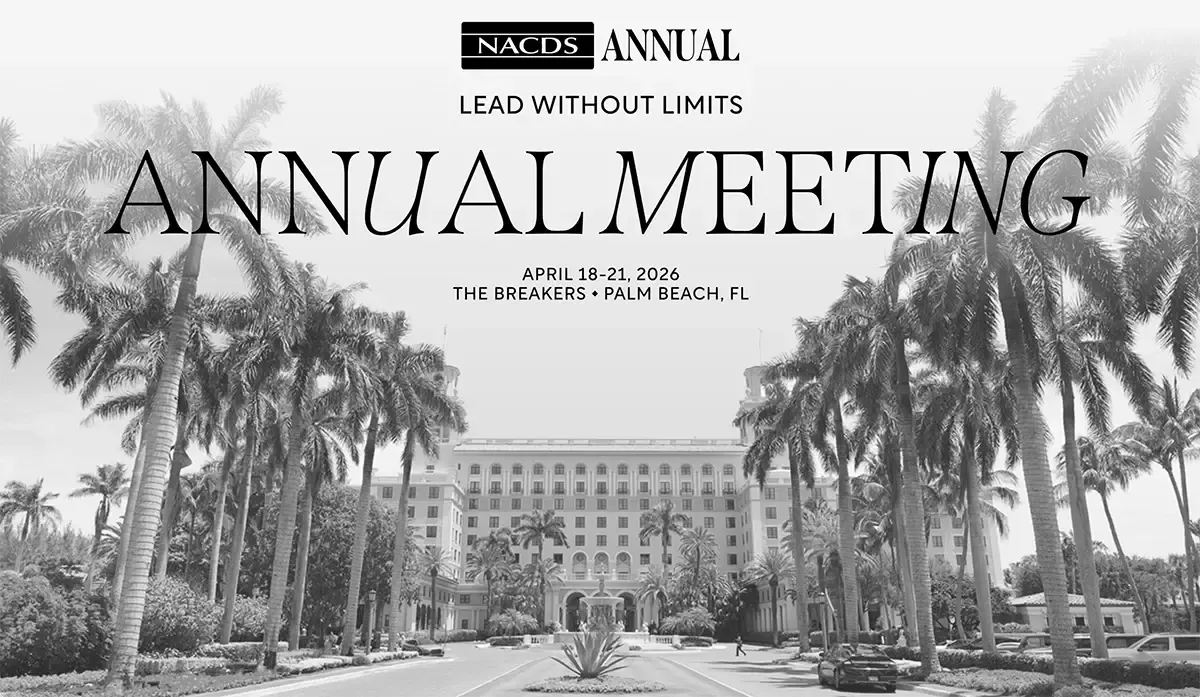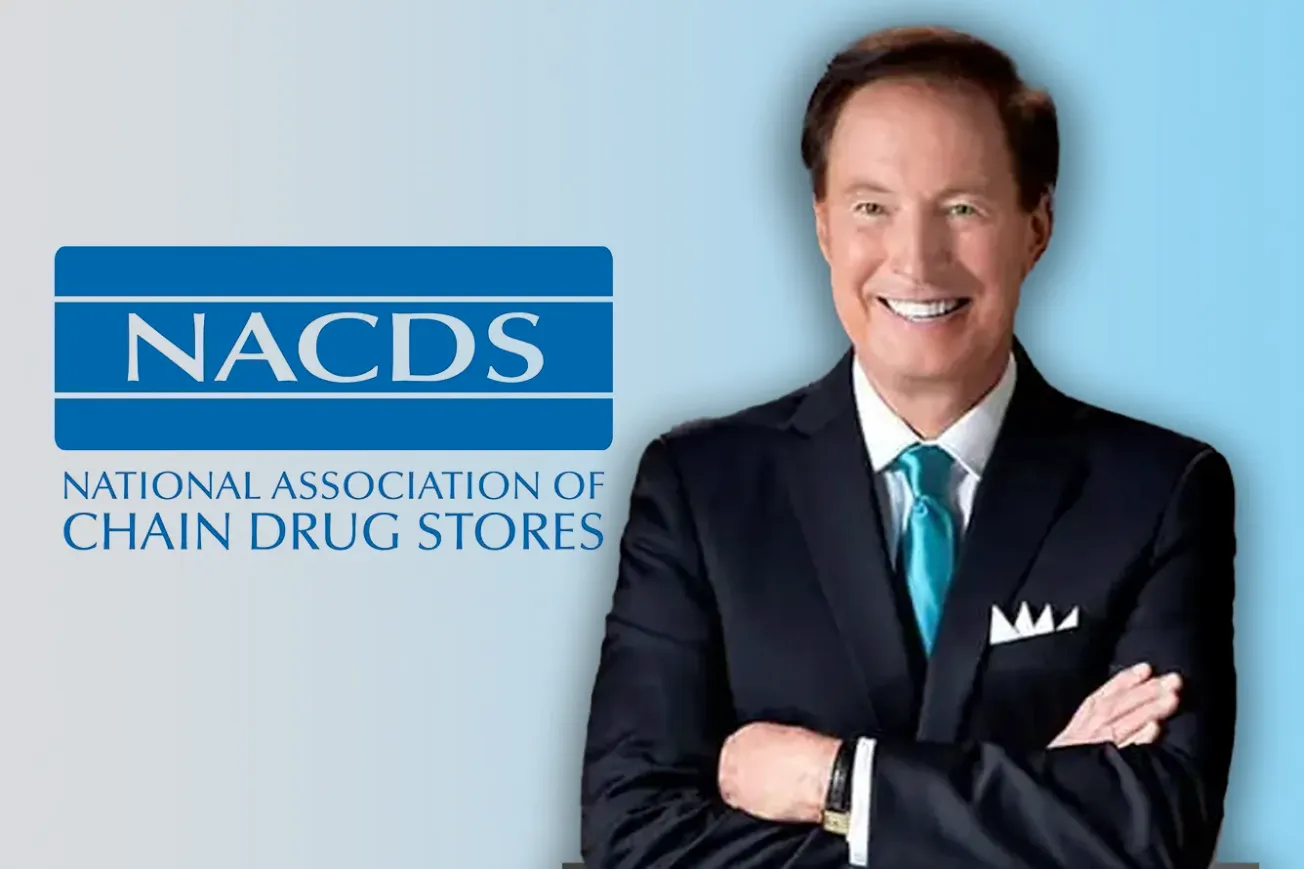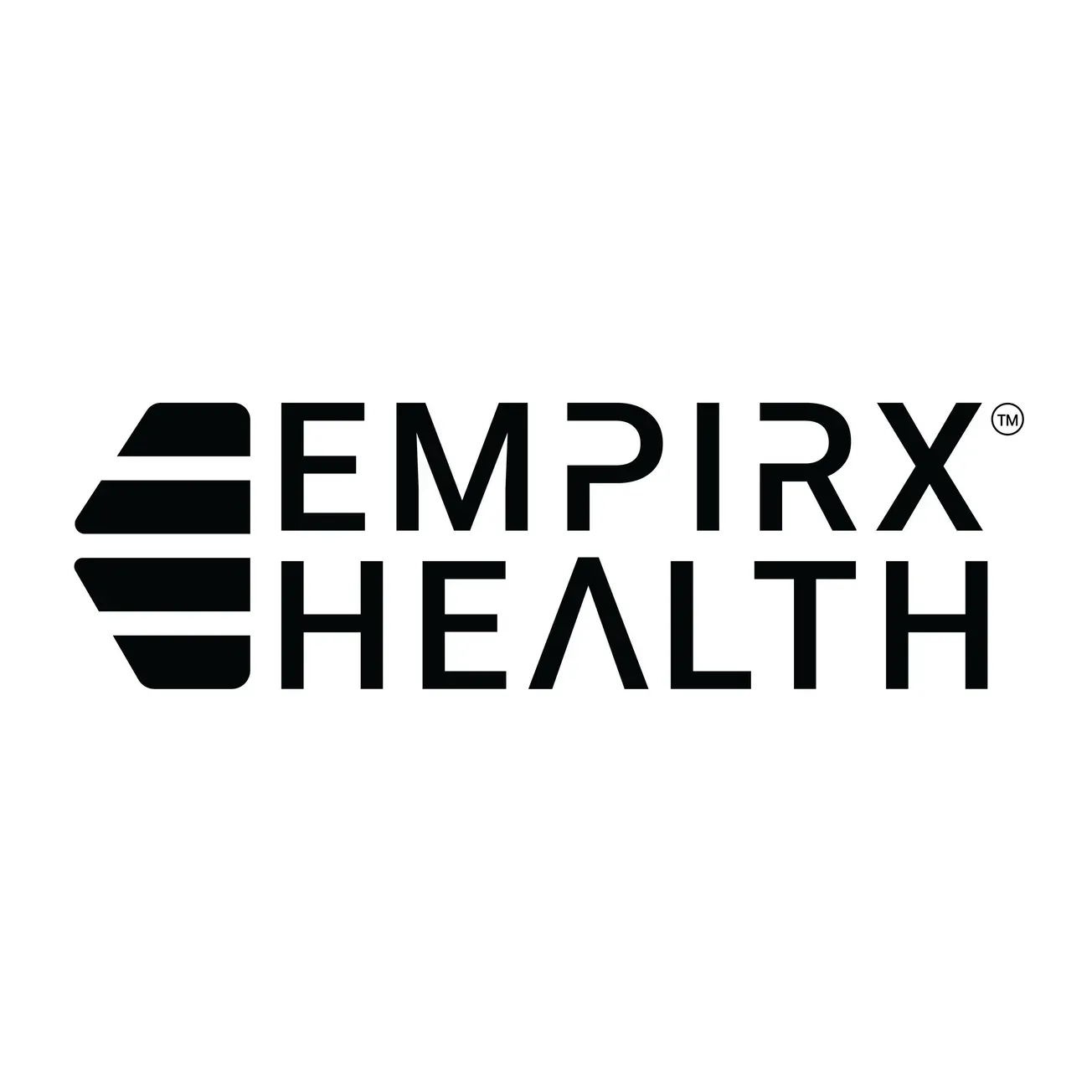WASHINGTON — After seven years of litigation, a federal district court has ordered Quincy Bioscience, the maker of the dietary supplement Prevagen, to stop making specific advertising claims deemed deceptive.
"Following seven years of hard-fought litigation, including a jury trial, we are pleased that the Court has ordered Quincy Bioscience to cease making claims about Prevagen that mislead Americans concerned about memory loss," said Samuel Levine, director of the Federal Trade Commission's Bureau of Consumer Protection. "Companies should take note and remember that health claims need to be backed up by reliable scientific evidence."
The ruling came in a lawsuit filed by the FTC and the New York Attorney General challenging advertisements claiming Prevagen was "clinically shown" to improve memory.
Conflicting decisions have marked the case. In February 2024, a New York jury ruled that many of Prevagen's claims lacked reliable evidence and found some of its advertising "materially misleading." However, this week, a U.S. District Court judge in New York affirmed an injunction banning further use of the disputed claims.
Quincy Bioscience, which had welcomed the earlier jury decision, is expected to appeal the latest ruling. The company has not yet responded to ConsumerAffairs' request for comment.
Questionable claims and jellyfish ingredient
Prevagen's active ingredient is apoaequorin, which is derived from jellyfish. Scientists remain skeptical about its effectiveness, noting that it has "no known role in human memory" and would likely be digested before reaching the brain.
Quincy Bioscience has conducted a massive national advertising campaign featuring TV spots on major networks such as CNN, Fox News and NBC despite scientific doubts. The campaign showcases charts suggesting rapid memory improvement.
The lawsuit alleged these claims were based on a study that failed to show Prevagen worked better than a placebo on any measure of cognitive function. According to the complaint, consumers were enticed to spend $24 to $68 per bottle, generating over $165 million in sales.
"The marketing for Prevagen is a clear-cut fraud, from the label on the bottle to the ads airing across the country," said former New York Attorney General Eric Schneiderman when the suit was filed in 2017. "It's particularly unacceptable that this company has targeted vulnerable citizens like seniors for a product that costs more than a week's groceries but provides none of the health benefits it claims."
Statement from Quincy Bioscience
"The Judge’s order once again confirms that the jury found that the principal claims for Prevagen (e.g., Prevagen improves memory,” “Prevagen is clinically shown to improve memory within 90 days,” and Prevagen provides other cognitive benefits, including but not limited to healthy brain function, a sharper mind, and clearer thinking,” etc.) are not materially misleading.
"The Judge also made clear that there was “no intent to harm.” – an indication of his belief that the Company has acted in good faith. And of course, there has never been a health issue here – no one is disputing that Prevagen® is safe.
"Quincy had already started to transition its marketing campaign for Prevagen and is pleased that the judge clarified—as we requested—that the Company will be afforded a reasonable amount of time to launch its new advertising. We are also pleased that the Judge rejected the NYAG’s efforts to obtain statutory penalties, disgorgement and/or statutory costs. Quincy is merely required to make certain changes to its advertising moving forward.
"The Company is excited about the upcoming launch of its refreshed Prevagen branding and is pleased that it will be able to continue to market Prevagen in the U.S. – bringing a gold-standard supplement to every state in the country.
"As previously indicated, with respect to the Judge’s prior decision requiring certain changes to advertising for Prevagen, we strongly believe it is based on a misreading of the law and a misunderstanding of Quincy Bioscience’s business practices as well as a misunderstanding of the science that supported the advertising statements. Quincy intends to appeal the Judge’s decision."









